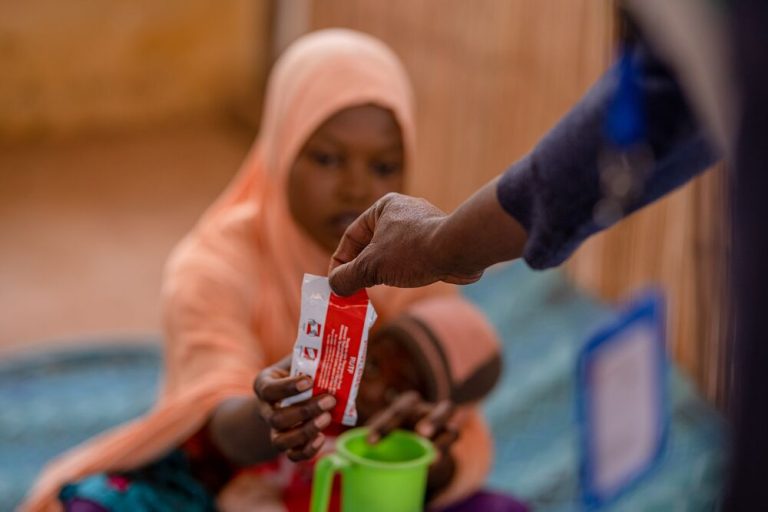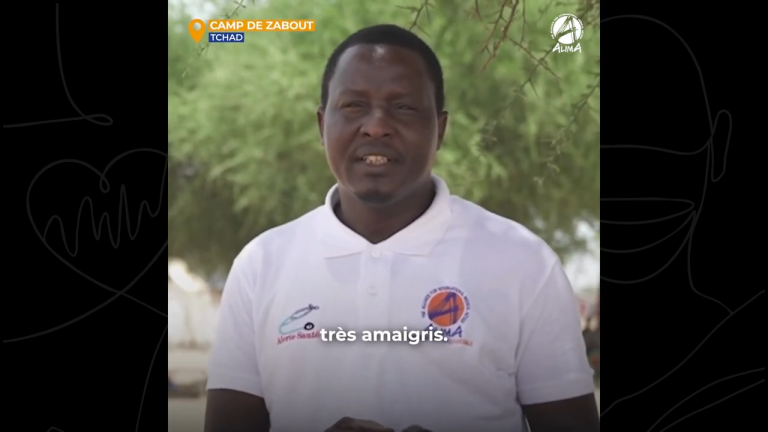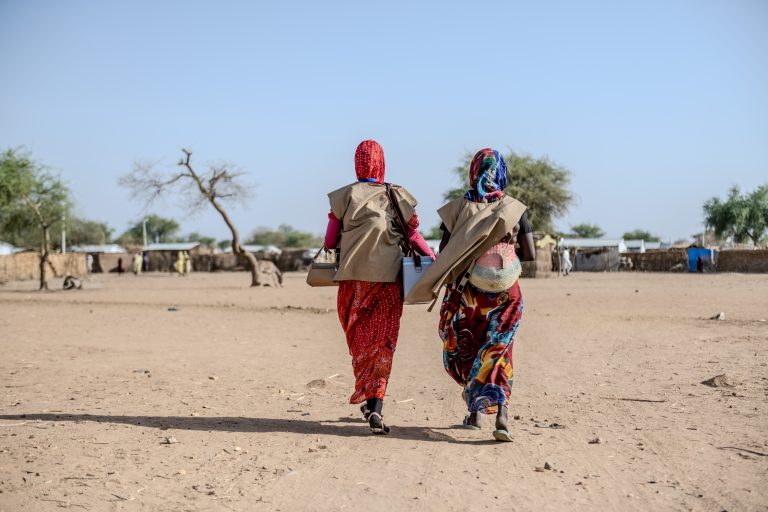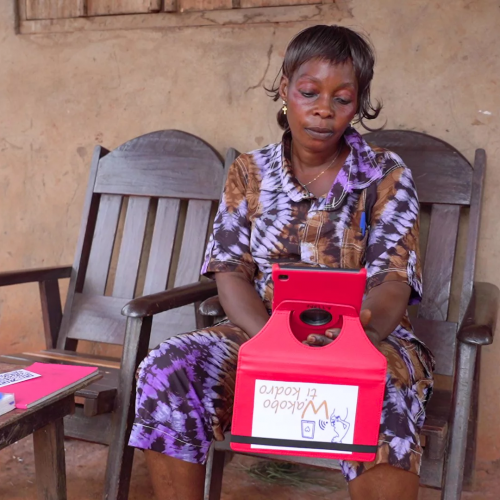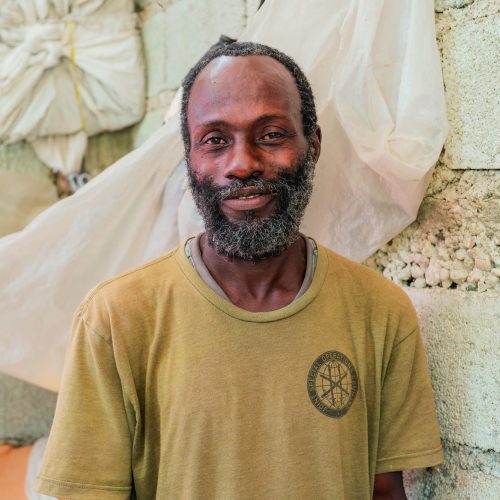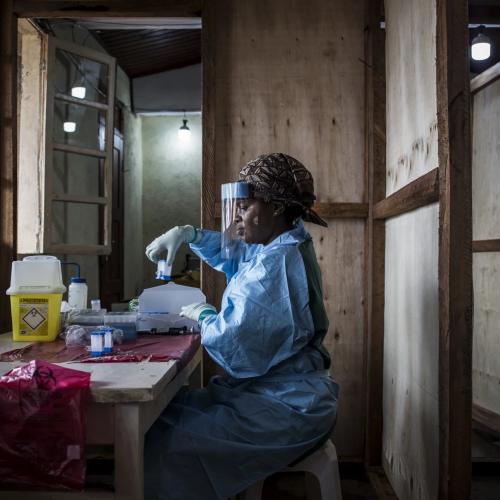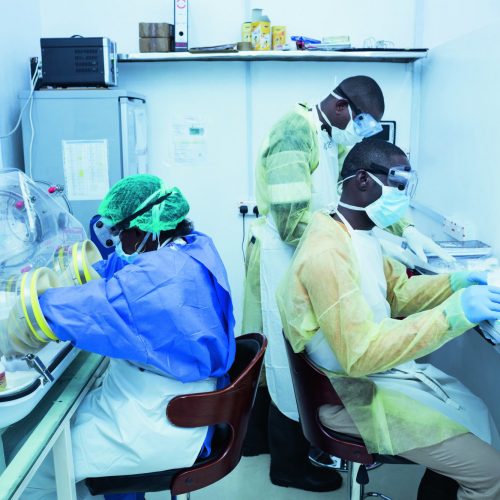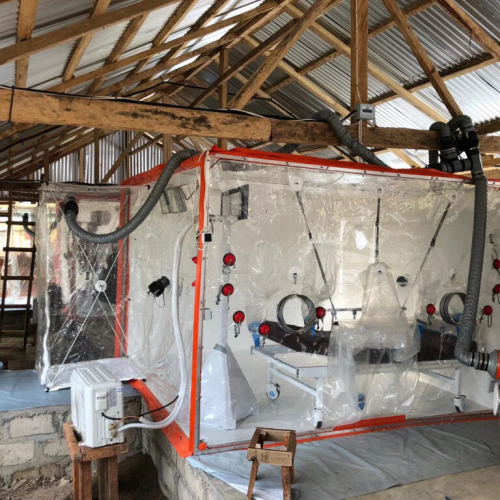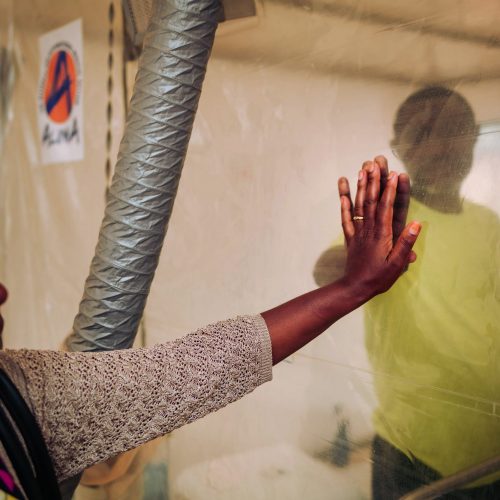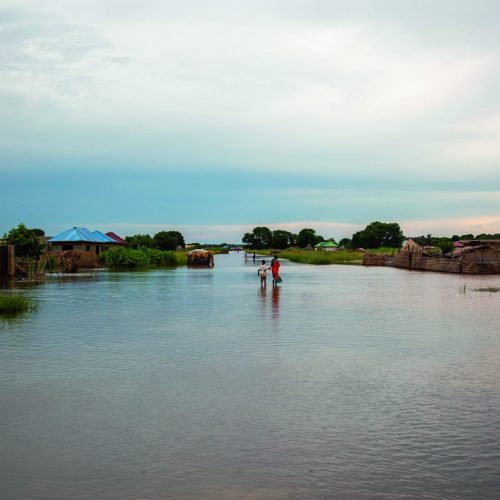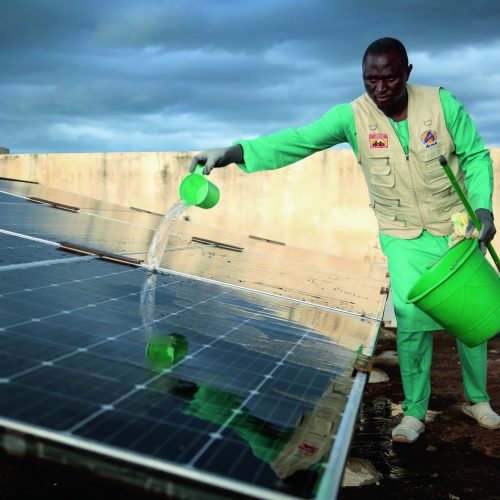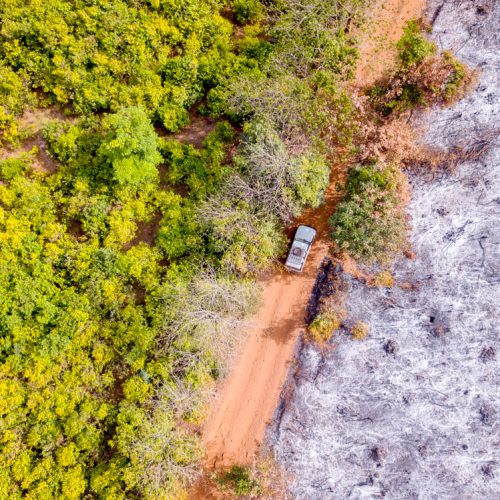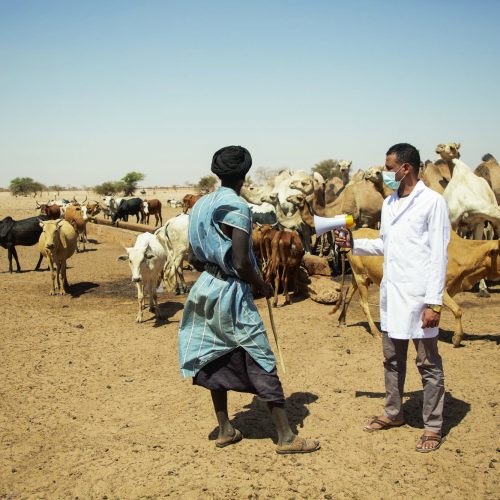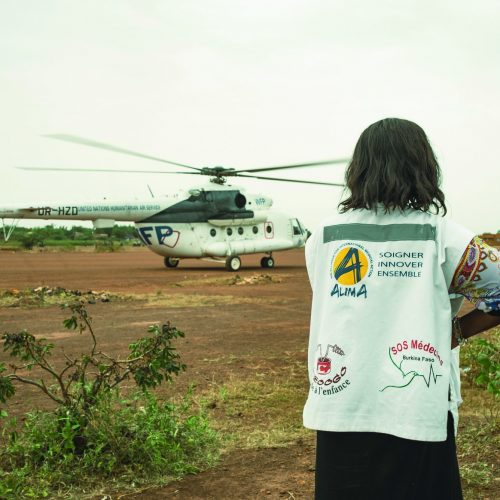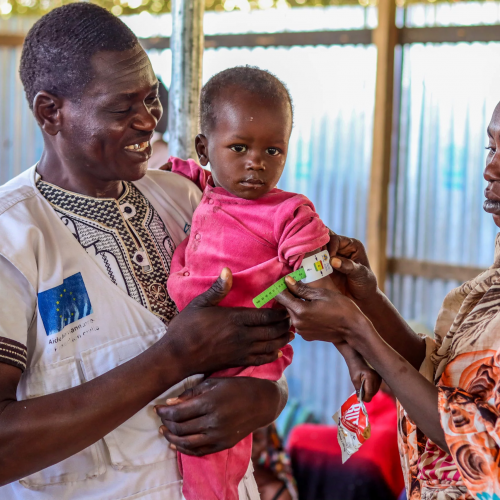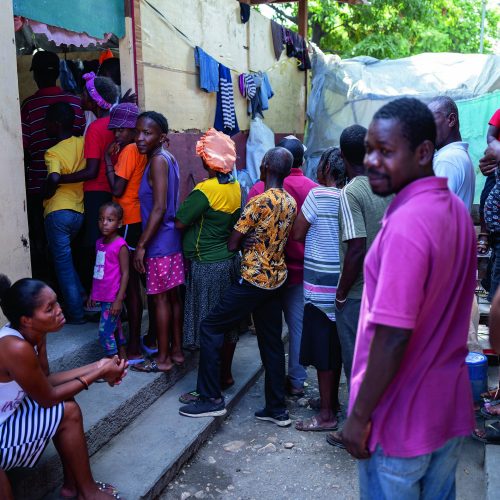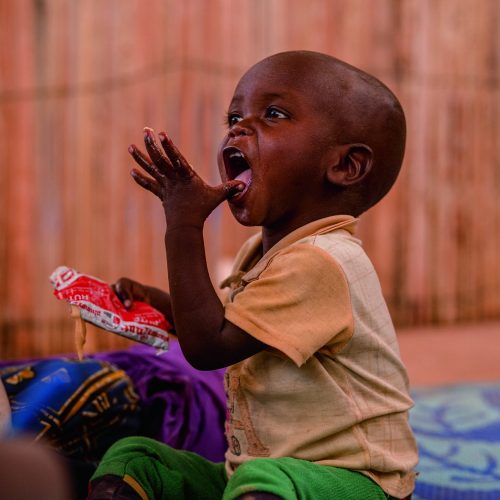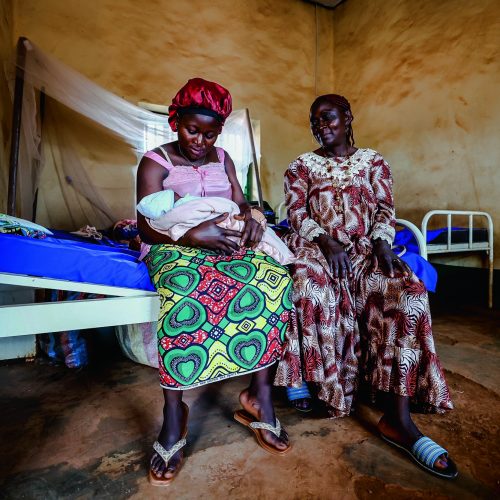What are the recommendations for the care of children suffering from malnutrition?
Nutritional counselling complements the medical care that we offer to children suffering from severe acute malnutrition. And that’s my role in the ITFC. Here, we use image boxes to better illustrate the themes on malnutrition and the different complications associated with severe acute malnutrition. It is a support to parents so that they can better understand how to speed up their child’s recovery and prevent malnutrition in the future.
For example, some mothers have difficulty accepting the insertion of the nasogastric tube for their child, but through discussion, we help them understand the benefits of this device. This tube is a flexible tube that passes through the child’s nose and feeds the child through the esophagus.
There are several methods such as individual information sessions where I discuss with each mother about her role during her child’s hospitalisation, and also group discussions where I exchange collectively with the mothers. In this case, groups of mothers are informed according to the stage of their child’s treatment. Those who have just arrived in the center are taken separately from those whose children are being discharged. Such trainings empower them to know how to better protect their children, including screening for malnutrition at home using a simple tri-colored bracelet known as the MUAC (Mid-Upper Arm Circumference) and nutrition skills training.
Nutritional advice is essentially about raising awareness and training mothers to detect malnutrition in their children at the earliest stages, which reduces the risk of hospitalisation.
In your opinion, what is special about ALIMA / Alerte Santé’s role in the fight against malnutrition in an urban environment, such as N’Djaména?
The uniqueness is found in ALIMA’s operational strategy, based on local partnerships and putting the patient first. Together, we focus not only on the care of malnourished children, but also on prevention activities. Through community activities, the fight against malnutrition, especially in an urban environment, such as N’Djaména, can prevent cases of severe acute malnutrition.
It is good to see an international NGO working closely with local health workers, who add their expertise and skills to operations in the country. Our actions in the field are further optimized when they are taken in hand by those who know them best. The capacity building we provide is therefore all the more effective.
What about your work makes you most proud?
My pride lies in supporting mothers. I am first of all a mother and I feel the same feelings as the mothers who are at the ITFC. They need someone to provide them with nutritional advice and to guide them in the prevention of malnutrition. That’s the essence of my motivation. So I find my pride in the usefulness of my work: I give every mother the hope that her child will get better and, above all, I show her that she has a role to play. I introduce mothers to the reality of care and their duty in the treatment process. It is a personal commitment that goes beyond the professional context. I find myself in this work and it allows me to accomplish myself on a personal and social level. Guiding the mothers who come here and making sure their children get the right treatment – that is my life.
ALIMA/Alerte Santé’s project in support of the Therapeutic Nutritional Unit at the Chad-China Friendship Hospital in N’Djaména (Chad) received financial support from the EU Civil Protection and Humanitarian Aid Operations (ECHO).
**Cover photo: Sylvain Cherkaoui / ALIMA

